“We are capable of more than just being naughty kids.”
A trauma-informed approach to looked-after children in schools
Digital Voice in partnership with Gateshead Council’s Virtual School and funded by the Ragdoll Foundation, has produced a new resource for teachers which aims to better equip them to support young people with developmental trauma.
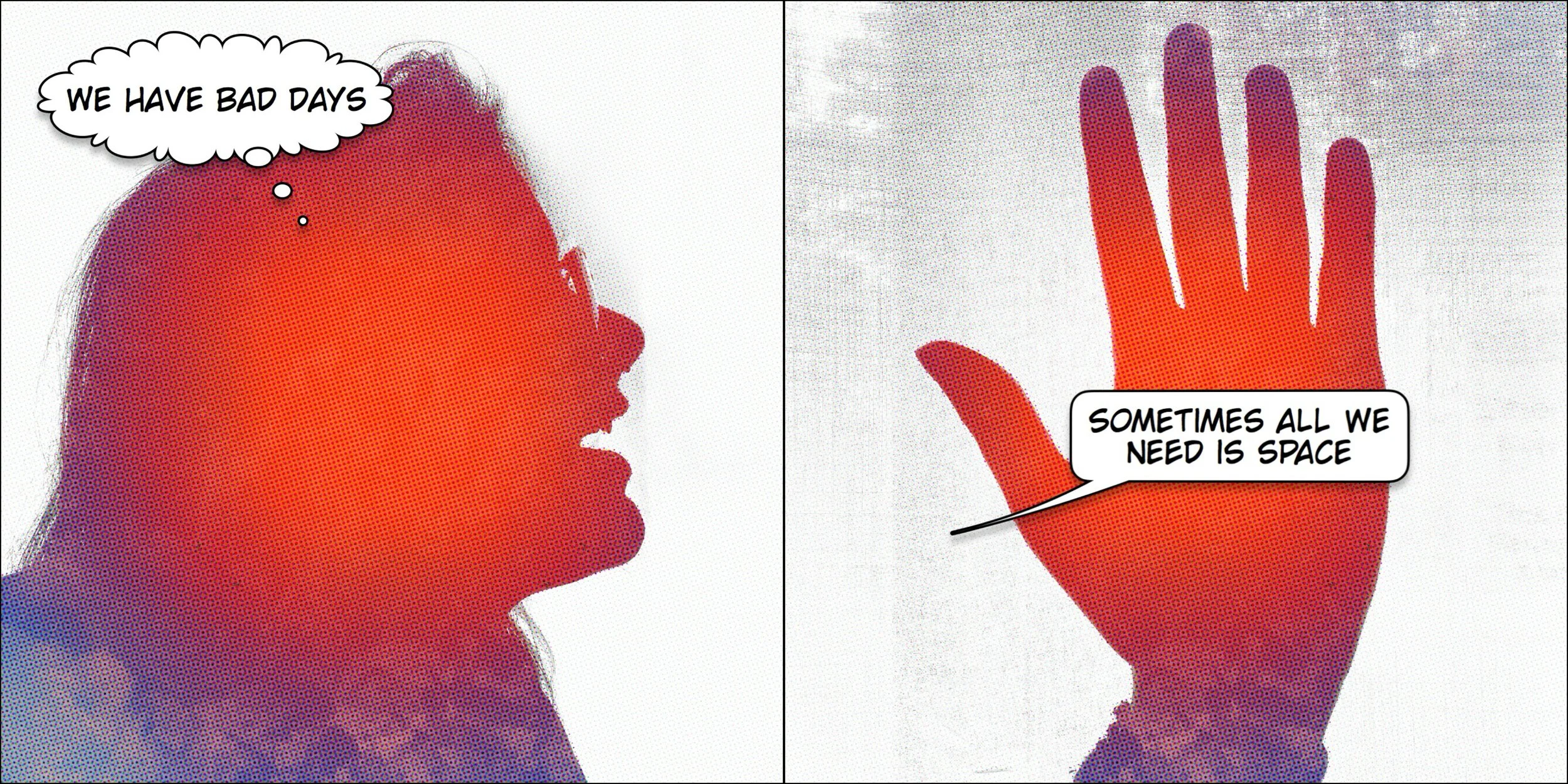
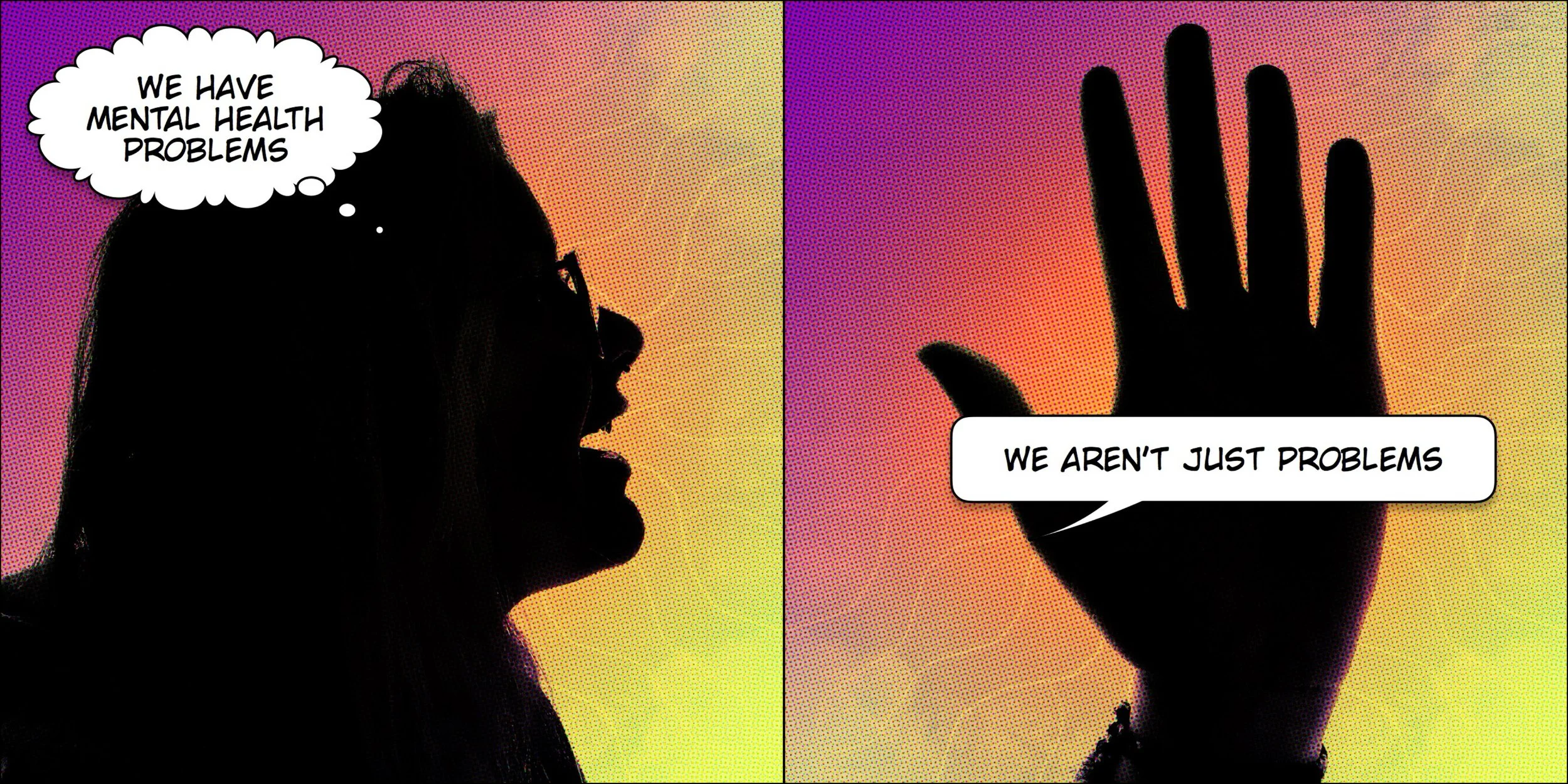
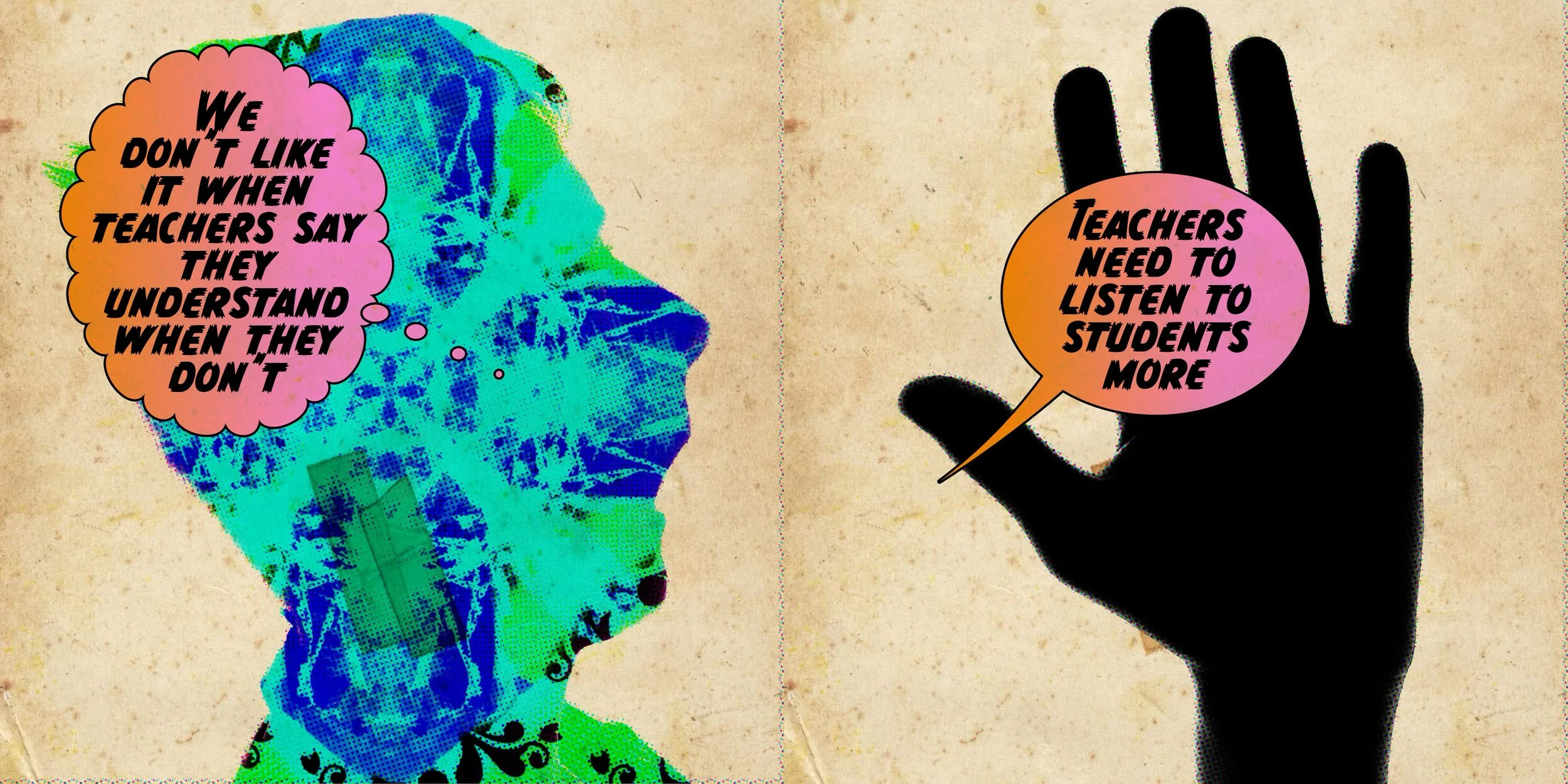
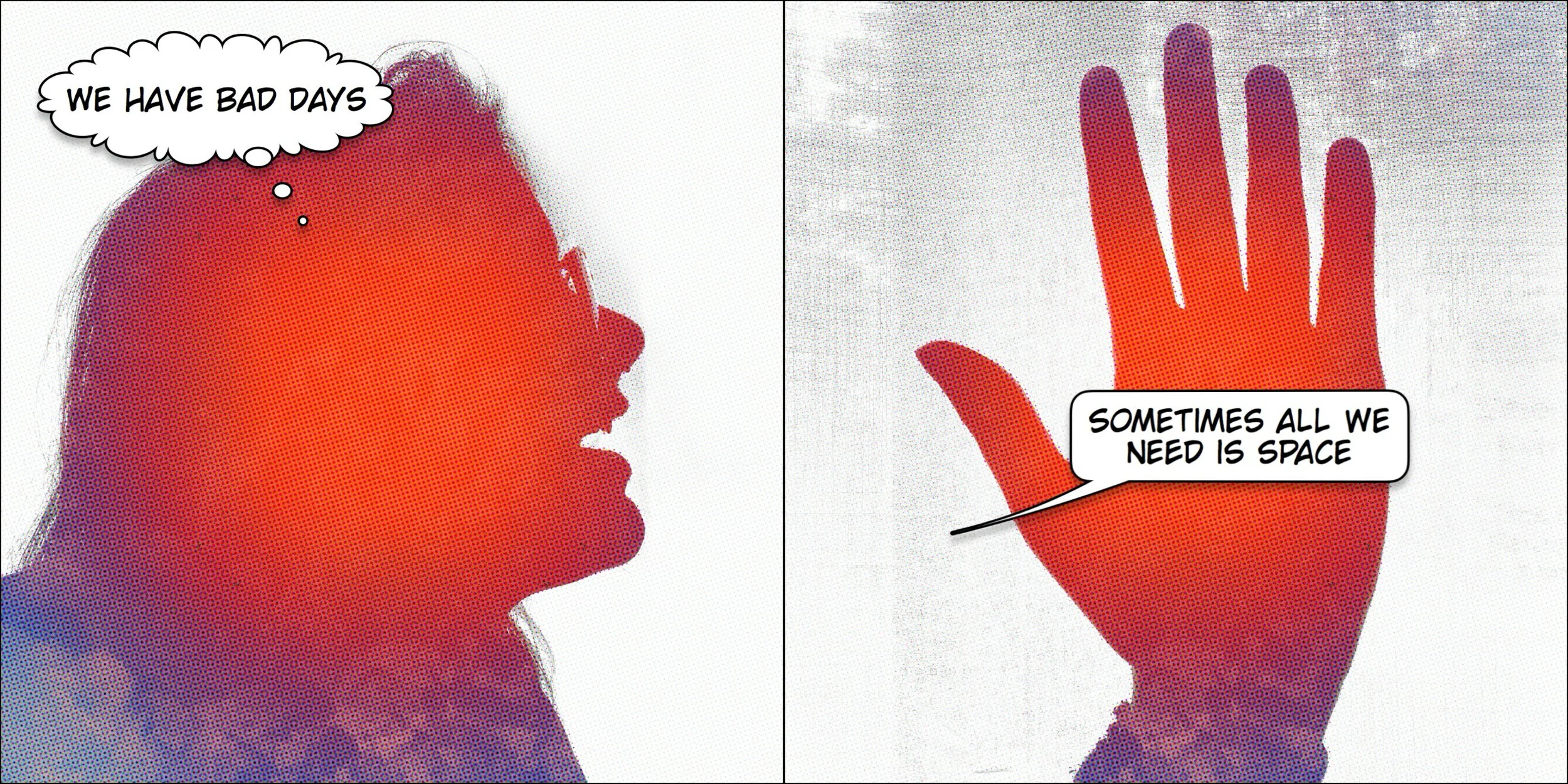
“Developmental trauma is a term that we use to describe the experiences of young people who have grown up in frightening, neglectful or abusive circumstances. We know that brain development is shaped through our early experiences and particularly relationships with others, so developmental trauma can impact on young people’s cognitive, social and emotional development.”
- Aisling Martin, Consultant Clinical Psychologist, Gateshead Council
The resource examines the psychological effects of trauma and illustrates them using first hand accounts from care-experienced young people.
“At school I just wasn't coping. I was a really smart kid. I was top of the class. But it just slowly as I got older, I started falling and falling behind. Because obviously it's a lot to take in. Trying to figure out all these feelings.”
- Participant
Acknowledging that dysregulated pupils can cause teachers themselves to be dysregulated, and therefore react as if they are being threatened, the resource offers techniques and advice as to how teachers might approach young people differently:
“If you can see challenging behaviour as a communication of a need, then your response as a teacher may be better.”
- Alex Spiller, Gateshead Virtual School
The animation, “Understanding Developmental Trauma’ is a usable resource for teachers, backed by psychological research and a chance for care-experienced people to share their stories and effect change within the education system.
“The young people’s testimonies within the film are moving and powerful, and participants are to be commended for their honesty and bravery in sharing their stories. The Ragdoll Foundation hopes that the resource achieves its aim of helping teachers and others to understand the context for working with care-experienced children and to learn effective strategies for supporting them in school.”
- Katherine Wood, MBE, Chair of the Ragdoll Foundation

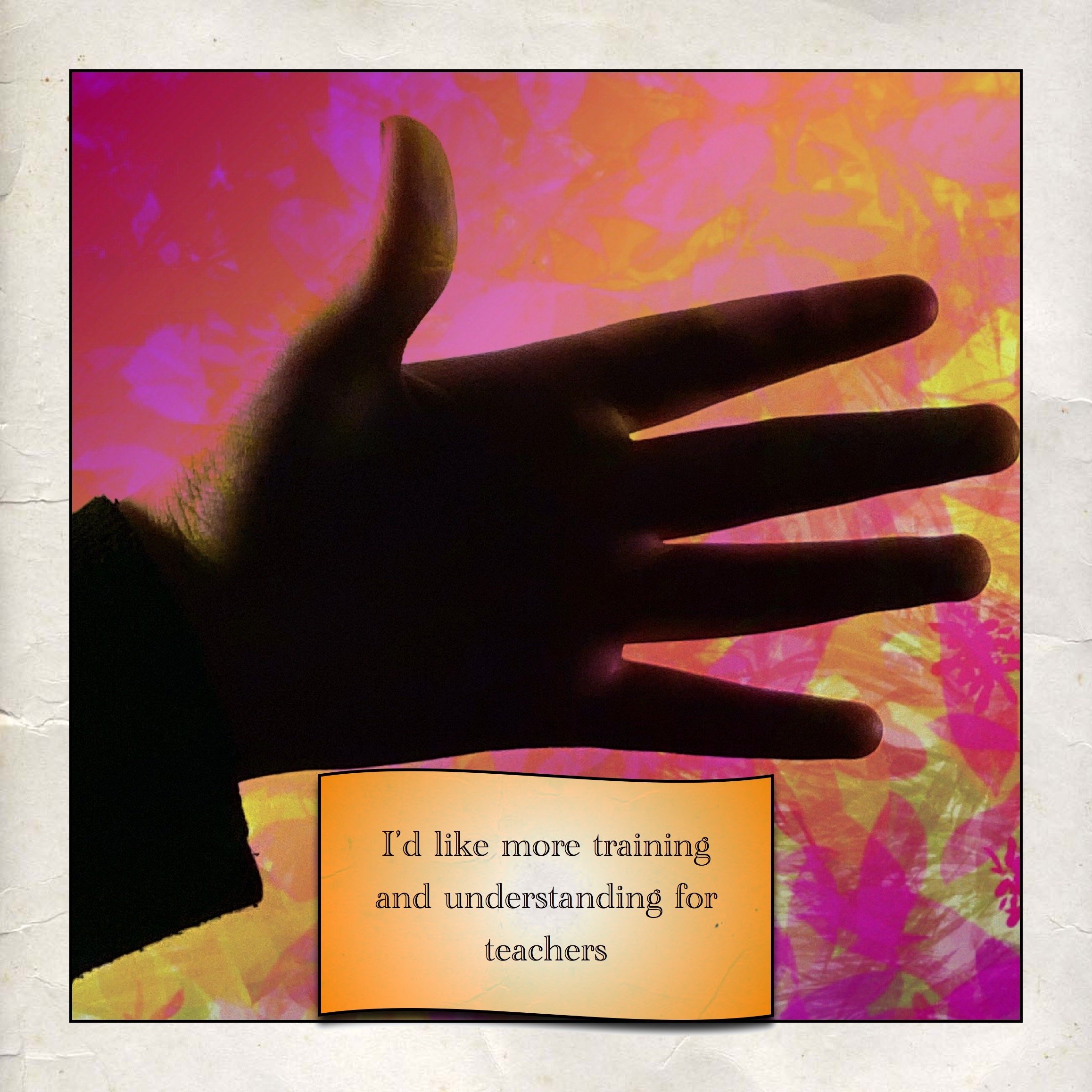

Underpinning this important piece of work is a plea to see each person as an individual, a fellow human being in a unique set of circumstances:
